"Accused" under Art. 47 of the Code of Criminal Procedure of the Russian Federation is a special procedural status that a subject receives when it is brought to criminal proceedings. Like any other participant in the process, this person has certain responsibilities and rights. The latter are disclosed in Art. 47 Code of Criminal Procedure. Consider this norm in detail. 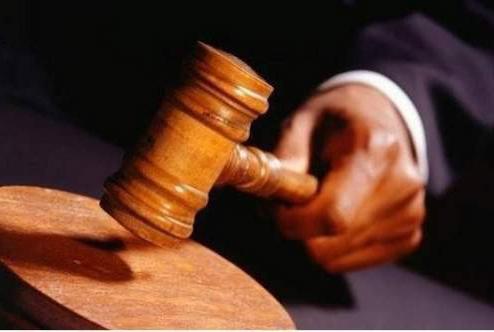
General information
In h. 1 Article 47 of the Code of Criminal Procedure of the Russian Federation, circumstances are fixed under which a citizen acquires the status in question. In practice, one of them is enough. These circumstances include:
- Making a decision to attract a person in this capacity.
- Drawing up an indictment or decision.
The subject in respect of whom the proceedings are assigned is called the defendant. Upon sentencing with an established punishment or other measure of influence, a citizen is recognized as a convicted person. If the decision indicates the unproven involvement of the person in the crime, he shall be considered justified. These provisions are secured by Part 2 of Art. 47 Code of Criminal Procedure.
The rights
In accordance with part three of the rule under review, a person can protect his interests, have sufficient opportunities and time to prepare for this. In h. 4 Article. 47 of the Code of Criminal Procedure of the Russian Federation secured the rights of a citizen involved in the production of:
- Know what exactly is charged to him. The accused is entitled to receive a copy of the decision to initiate proceedings if a copy of it was not provided to him according to the rules of paragraph 1 of part four of article 46 of the Code.
- To get acquainted with the act on bringing him to production in an appropriate status, applying coercive measures and other procedural documents.
- To object to the charge against him, to testify or refuse to do so. If agreed, the subject is warned of the consequences. In particular, that the information provided by him can subsequently be used as evidence in the case. This rule also applies in case of subsequent refusal of a person to testify. An exception to this provision is enshrined in paragraph one of the second part of Article 75 of the Code.
- Provide evidence.

- Submit petitions, challenge.
- Use a language that he speaks well to testify.
- Take advantage of the free help of a translator.
- Attract a defender to the case. The accused also has the right to a free lawyer.
- Communicate with counsel in private, in private, including before the first interrogation. Meetings with a lawyer are not limited in duration and quantity.
- After being placed under house arrest or guard, an unlimited number of times to see a notary to certify a power of attorney confirming the right to represent his interests in the business sector. The duration of such visits is also not limited. At the same time, it is forbidden to carry out notarial actions in relation to money and other property that may be seized in cases established by the Code.
- With the permission of the inquirer / investigator, to participate in investigative measures carried out at his request or at the request of the defense lawyer (legal representative), to receive the protocols drawn up as a result of such actions for review, to submit comments on them.
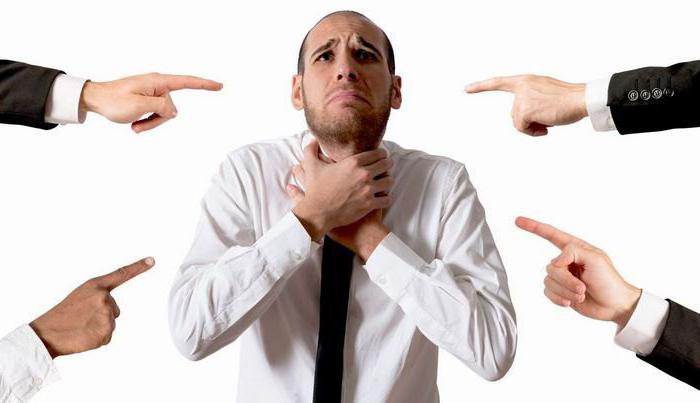
- To study the decision on the examination, to pose questions to a specialist. The accused is also given the right to familiarize himself with the conclusion drawn from the results of the study.
- To study the case materials collected in the framework of the preliminary investigation, to write out any information from them in any volume. The accused may, at his own expense, make copies of the procedural documents.
- To file complaints about decisions, omissions / actions of authorized employees of law enforcement agencies (the inquirer, investigator, their leaders), as well as the court and the prosecutor, to participate in their consideration.
- Submit objections to the termination of proceedings on the grounds enshrined in the second part of Article 27 of the Code.
- Participate in the proceedings in all instances, in considering the choice of a preventive measure in respect of him in other cases established in paragraphs 1-3 and 10 29 of the norm.
- Get acquainted with the minutes drawn up during the meeting, send comments.
- To challenge a sentence, decision, determination, receive copies of such decisions.
- Participate in resolving issues related to the execution of a judicial act.
- Receive copies of complaints, submissions brought in the case, file objections to them.
- To protect interests and rights in other ways and means not prohibited by the Code.

Additionally
According to part 5 of art. 47 of the Code of Criminal Procedure of the Russian Federation, the involvement of a legal representative or defense counsel is not a reason for restricting the rights of the person in whose interests these persons act. At the first interrogation, an authorized employee conducting the proceedings is required to clarify the legal possibilities enshrined in the Code. In further discussions, the citizen is explained the rights established in paragraphs 3, 4, 7, 8 of part four of the rule in question, if they do not have a defender present.
Art. 47 Code of Criminal Procedure: Comment
The emergence in the case of a subject endowed with the status in question is determined by the adoption of procedural decisions. They contain information about the charge against a citizen. The subject receives the appropriate status either at the time of approval of the decision to bring him to production, or when drawing up an act on cases that are being investigated in the form of an inquiry. The basis for making such decisions is the availability of sufficient information to suggest that the citizen was involved in the commission of an unlawful act.
Specificity
In cases initiated solely on the basis of a statement by the victim (representative of the victim) (private prosecution), the accused appears in the proceedings after the court accepts the appeal to the proceedings. We are talking about proceedings for crimes provided for in Articles 115, 130, 116, as well as 129 (part 1). From the moment the application is accepted for legal proceedings, the person acquires all the rights enshrined in Art. 47 Code of Criminal Procedure. If an investigation is carried out in such cases, then the citizen acquires the appropriate status after the decision is made (according to general rules). 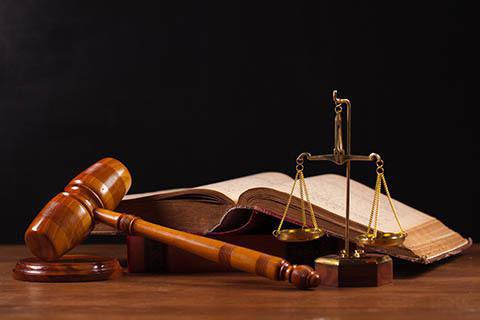
Rights Features
The complex of legal opportunities is much wider than those enshrined in Art. 47 Code of Criminal Procedure in the new edition. So, a citizen has the right to ask to appoint an expert from among the persons named by him, to conduct a study in another specialized institution. This opportunity is enshrined in article 198 of the Code. A person in custody may take measures to ensure the maintenance of dependents and the preservation of property. In the analysis of Art. 47 of the CPC, it is necessary to take into account some constitutional provisions, certain international legal norms. For example, the Basic Law establishes the possibility of the accused to ask the court to consider the case, to the jurisdiction of which it is assigned. In the cases provided, jury participation is allowed.
Passive protection
In Art. 47 of the Code of Criminal Procedure, the person’s right is secured to protect his interests in ways and means not prohibited by law. In particular, he has the right to conduct passive protection. It consists in the refusal to testify, the non-declaration of motions, the imperfection of active actions to realize legal opportunities. At the same time, the subject does not have the right not to obey reasonable and lawful orders of the investigator. If this requirement is violated, coercive measures can be applied to a person.
A citizen may not assist the authorized bodies in the search for evidence, including evidence of his non-involvement in the crime. For example, if he has any documents that are relevant to the case, he may not give them until the investigator has completed the proper procedural steps. However, it is forbidden to falsify materials to provide protection against charges. 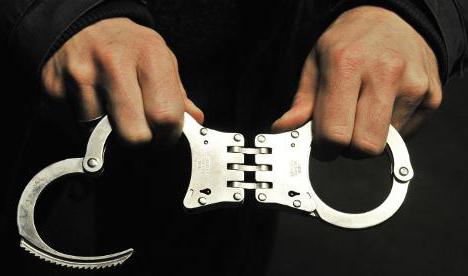
Important point
Almost all the possibilities enshrined in Art. 47 of the CPC, can be attributed to a more general category of rights to protection. This is due to the fact that their implementation is aimed at protecting the interests of the citizen from unreasonable claims by law enforcement agencies. The accused should not, but can prove his innocence. In this case, he is obliged to use only legal means. The authorized bodies conducting the production should provide the person with the opportunity to exercise their right to protection. Any infringement of the interests of a person that goes beyond the scope of the law is considered as a failure to comply with criminal procedure standards and entails liability. 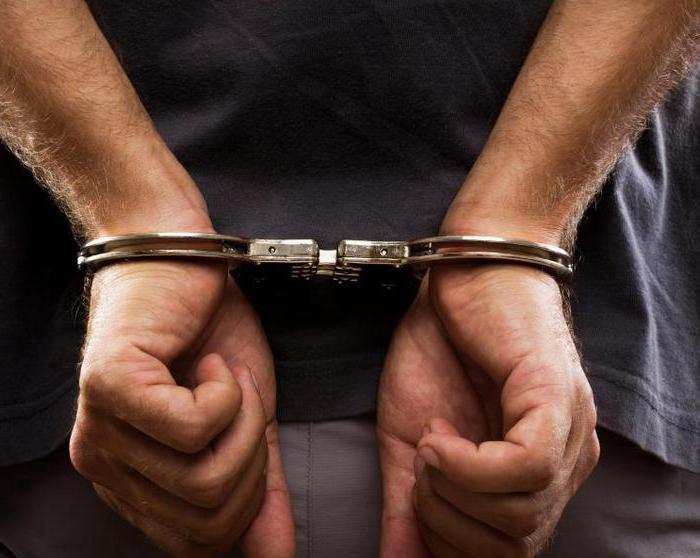
Features of the exercise of rights
To take advantage of the opportunities enshrined in Art. 47 of the Code of Criminal Procedure, the accused must know what exactly is charged to him. The authorized bodies should provide him with the opportunity to give explanations in the case. Article 172 of the Code establishes a prescription according to which officials are obliged to submit a decision containing the charge within 3 days from the date of its adoption. The law requires the delivery of copies of procedural acts to familiarize them with a citizen involved in the proceedings.
Conclusion
The subject has the right not only to know about the charge, but also to receive clarifications from the authorized employees on the wording of the charge. The information in the decision should be specified. The document must indicate the time, place, circumstances in which the event occurred, in what was expressed the inaction / action of the accused, etc. A prerequisite is a link to specific articles, parts, paragraphs of the Criminal Code. In order for the subject to be able to build his defense, he must receive comprehensive explanations of all the facts imputed to him. If the charge is changed during the preliminary investigation, the citizen must be notified of this.